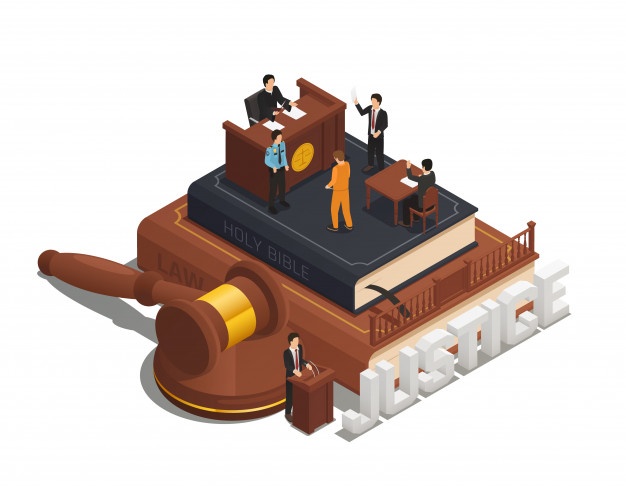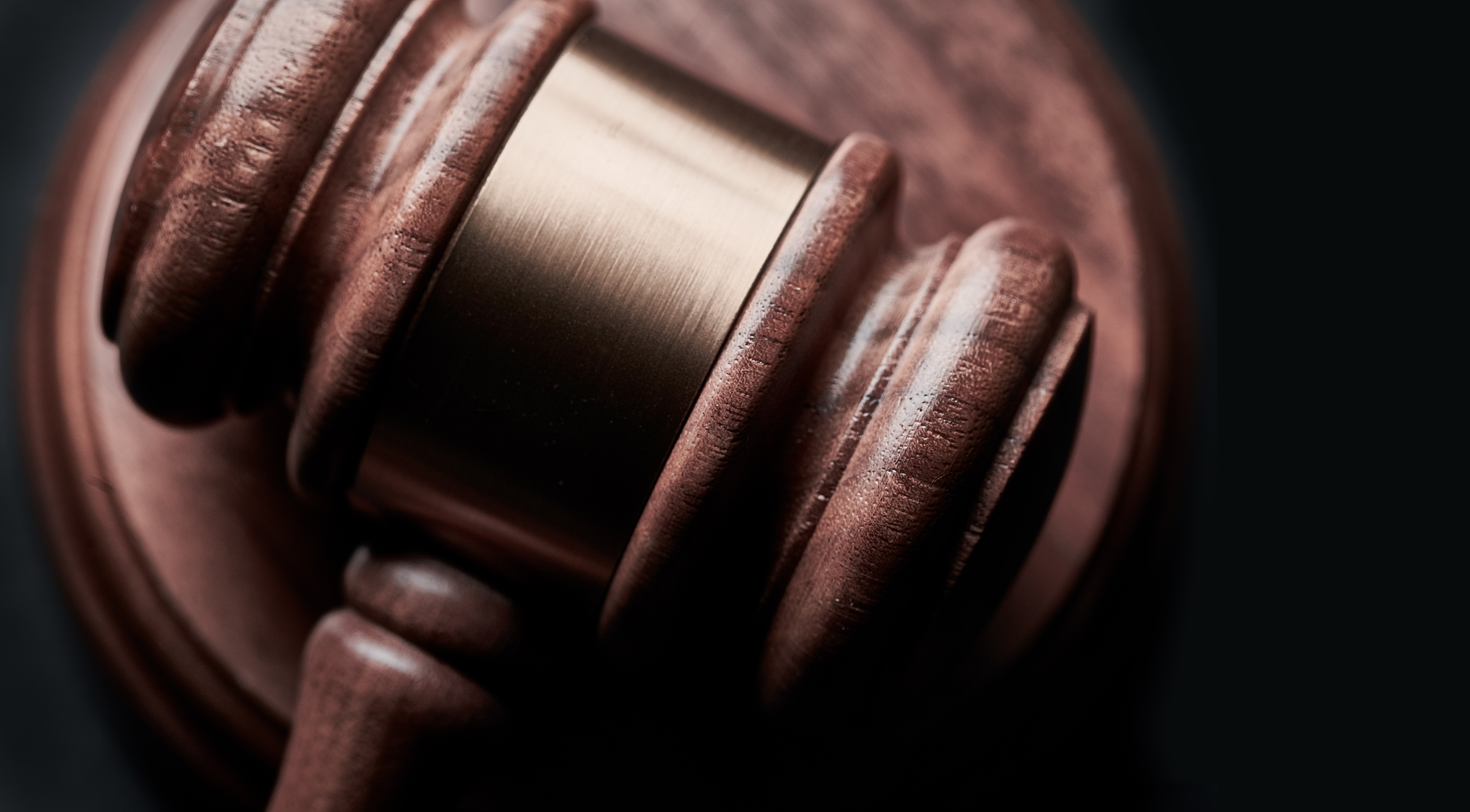Differences between Legal Transcription & Court Reporting

Differences between Legal Transcription & Court Reporting
Court reporting is done in the courts itself, either live or from recorded audio/ video files. Legal transcription services are done off courts by listening to recorded audio/video files.
Businesses like insurance, entertainment, legal, medical, government, etc. look for these services.

It is essential to understand the difference between legal transcriptions and court reporting transcription for business purpose.So, where lies the difference between legal transcription and court reporting?
Legal Transcription Service vs Court Reporting Transcription
Legal transcription and court reporting transcription are close to each other. Both of them are used to create transcriptions of court and legal proceedings. They should capture the words spoken with a lot of perfection. The training is also similar for both the transcription. Court reporters face a little more stringent one.
Key difference
The setting of the working style is entirely different for both. As the name implies, court reporters primarily work in the courtrooms. They use stenograph for their work, i.e., a transcription machine. Stenograph is used to make real-time spoken word transcriptions. This is known as the court transcription service.
Education approved by the ‘National Court Reporters Association’ must be completed by the court reporters. They also have to pass the state-specific competency tests and finish other continuing education courses.
On the other hand, legal transcription services include a less formal work setting. Legal transcribers might assist with hearings and depositions, important legal meetings, and interviews. They broadcast 911 calls, help in preparing legal documents, and provide dictation services. Audio or video recordings are mainly used to produce transcriptions.
When do you decide on a transcription service or a court reporter?
A court reporter is necessary if you want to transcribe real-time spoken words in an official legal setting. They assist with official records of court deliberations, including closed-door hearings. To make it short, wherever the judge is involved, you need a court reporter.
Sometimes, the transcriptions are video or audio recorded and then transcribed later. This is helpful for the lawyers. They can catch nuances or mistakes that are important for their cases.
Nowadays, mostly, the sessions are audio-recorded and transcribed later. Always remember, for a real-time transcription, you need a court reporter. If there is an audio or video recording, then a legal transcription service will be better.
What makes legal transcription services more accurate?
Legal transcription service providers will be a perfect option for off court transcriptions. These are more accurate as they are done out of recorded audio files. Reliable transcription services do not use machine transcriptions and they are not precise. They use human transcribers who will listen to the audio over and over again to ensure accuracy.
Always try to find a professional service that can ensure complete accuracy because dialects, accents, over-lapping conversations and slang may affect the outcome of your legal transcript.
Conclusion
To conclude, turnaround time is very significant to produce a transcription. If it is a rapid turnaround, you are advised to contact a professional transcription service for a better outcome. All the transcription services are not the same.
Some work with individual workers; others rely entirely on a team. You should always know about the service properly before you hire them. Services can create a massive difference in your work output.

